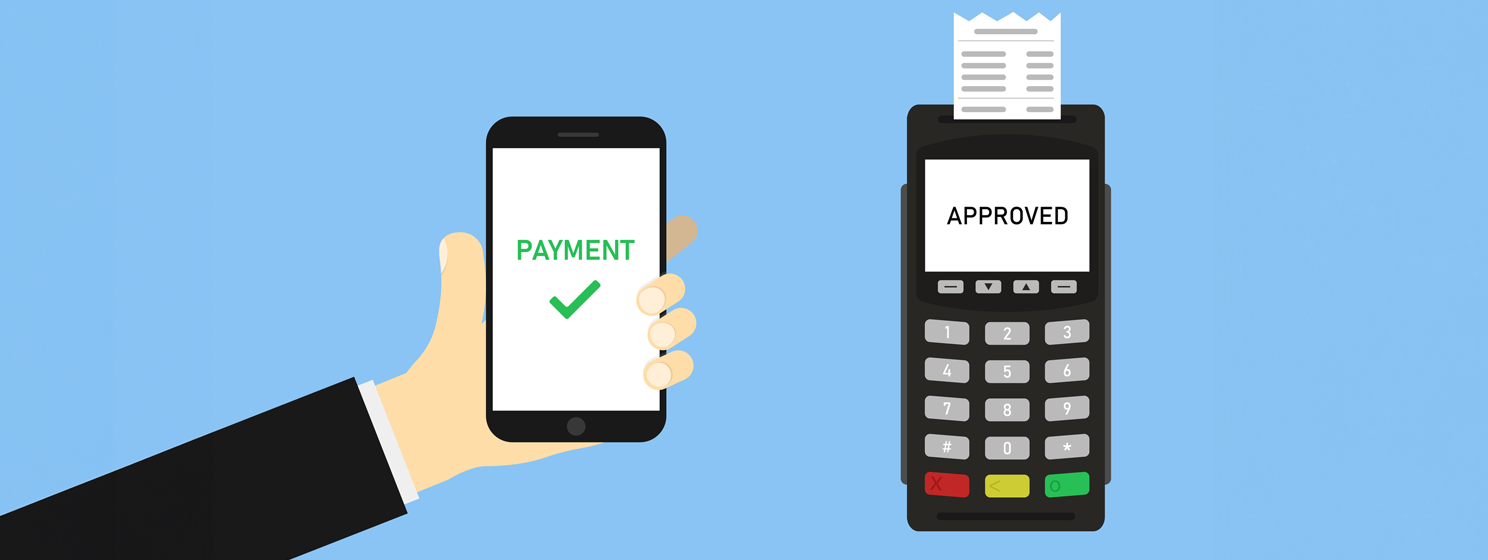|
Getting your Trinity Audio player ready...
|
Ukraine has committed to countering Russia’s use of digital assets for cross-border payments and sanctions evasions, according to Vladyslav Vlasiuk, advisor to the president of Ukraine and Commissioner for Sanctions Policy.
On December 26, the Ukraine government announced “sanctions and other solutions” to prevent Russia from using digital assets for international payments, as reported by local publication Ukrainska Pravda.
The announcement came—uncoincidentally—a day after Russian Finance Minister Anton Siluanov said in an interview with Russia 24 television channel that Russian companies had begun using BTC and other digital assets in international payments following legislative changes that facilitated this use for sanction evasion.
“As part of the experimental regime, it is possible to use bitcoins, which we had mined here in Russia (in foreign trade transactions),” Siluanov said, according to a December 26 Reuters report. “Such transactions are already occurring. We believe they should be expanded and developed further. I am confident this will happen next year.”
Siluanov added that international payments in digital assets represent the future.
Russia and sanctions
After its illegal invasion of Ukraine in February 2022, Russia was hit with an unprecedented set of sanctions from the international community, putting the country under severe economic strain.
The sanctions ranged from freezing the assets of Russian state-linked individuals to barring major Russian banks—including Bank Otkritie, Novikombank, Promsvyazbank, Rossiya Bank, Sovcombank, VEB, and VTB—from the international financial messaging system, Society for Worldwide Interbank Financial Telecommunication (SWIFT).
Russia’s gross domestic product (GDP) fell in 2022 and 2023 after the invasion. The country’s economic ministry recently announced a positive forecast for 2024, which relies heavily on large-scale government spending on arms production, leading some to forecast an impending economic catastrophe.
It’s perhaps no surprise, then, that Russia has increasingly looked to alternative trade and finance routes—particularly to help it mitigate exile from the SWIFT payment system—and the pseudoanonymity and supposed decentralization afforded by digital assets naturally appealed to the rogue state.
The sanctioned Moscow-based digital asset exchange Garantex alone reportedly facilitated transfers of more than $20 billion in Tether—the ubiquitous U.S. Dollar-pegged stablecoin—since early 2022.
Ukraine’s response
For its part, Ukraine was one of the first countries to raise concerns about such abuse of the digital asset space for sanction evasion. After the announcement of Russia’s latest legislative efforts to facilitate digital asset payments, Ukraine was quick to counter with its own plans.
“Are we at all surprised? No, we were, without exaggeration, the first to draw our partners’ attention to such plans of the enemy back in the summer,” Commissioner for Sanctions Policy Vlasiuk said.
He added that “appropriate sanctions and other solutions to block the possibility of using unwanted cryptocurrency payments are already being prepared.”
Vlasiuk didn’t elaborate on what form the proposed ‘sanctions and solutions’ would take, but it is likely facilitators of payments, such as wallet providers and digital asset exchanges, will be a priority.
Watch: Finding ways to use CBDC outside of digital currencies

 03-04-2026
03-04-2026 




